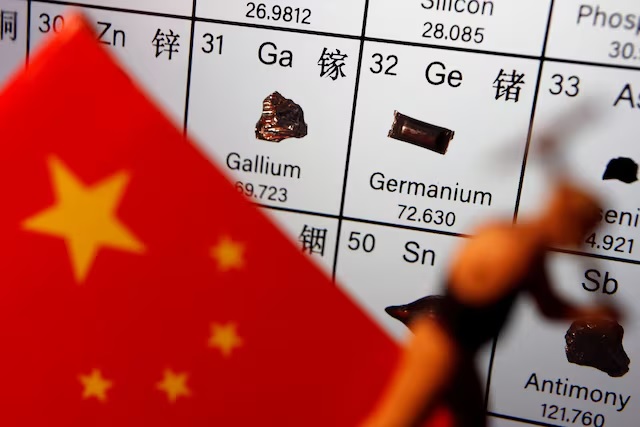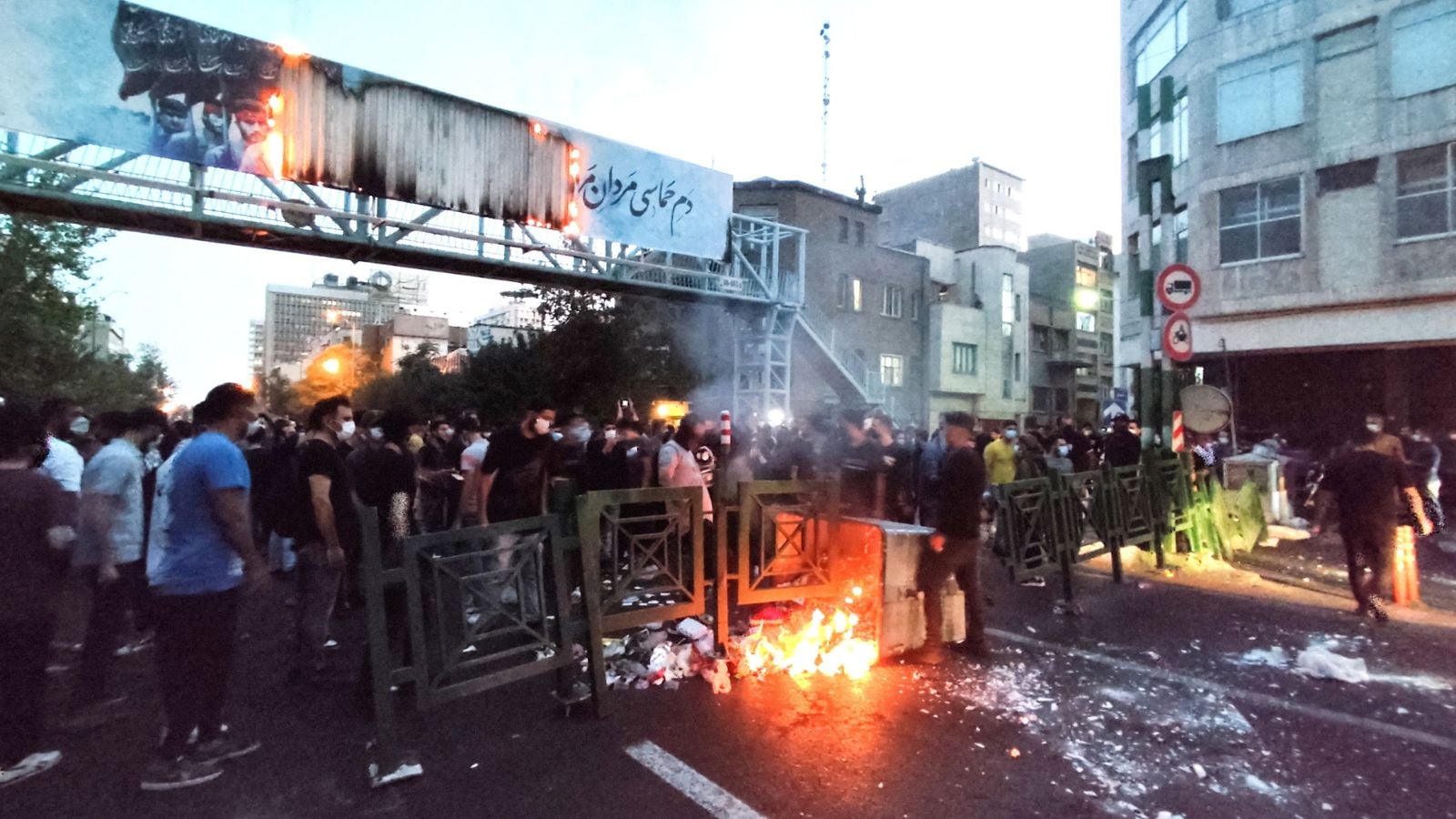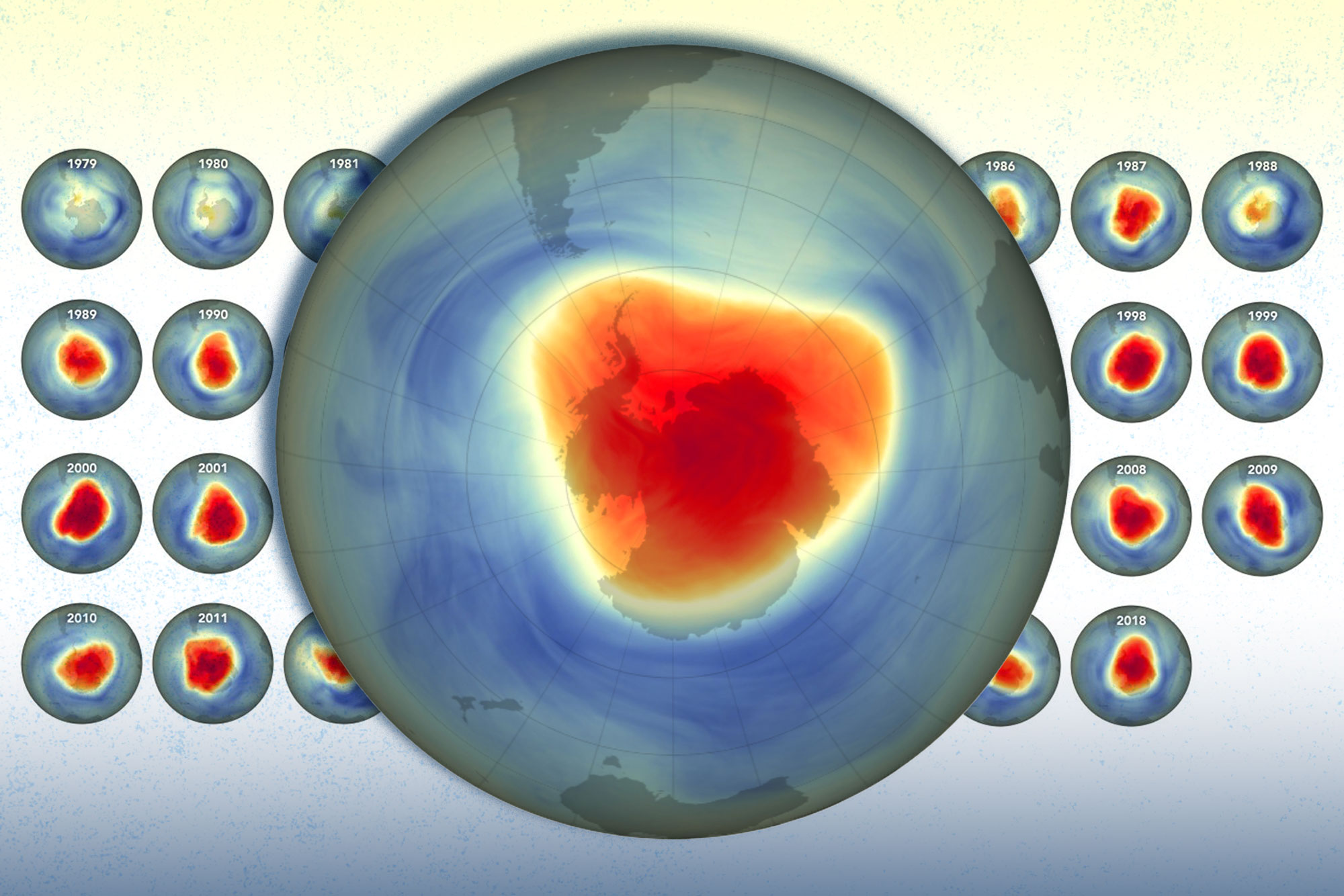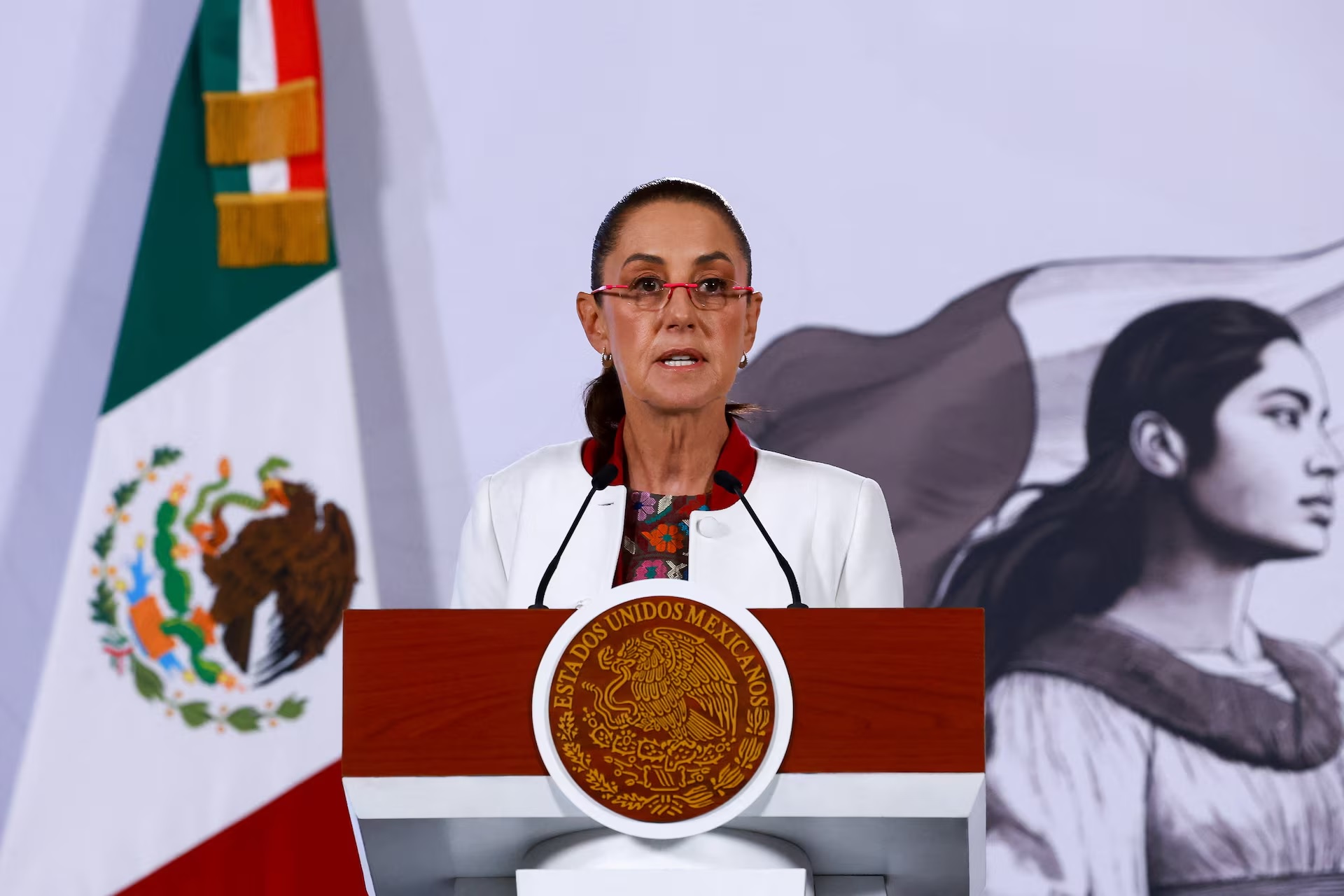China courts Germany on rare earths as G20 turns to critical minerals

Rare earths diplomacy at the G20
China’s premier has turned a tense dispute over rare earths into an opening for deeper cooperation with Germany, using the G20 summit in Johannesburg to pitch joint projects in critical minerals. Beijing framed its export curbs as a security measure but argued that closer coordination with Europe could ease supply bottlenecks that have hammered German carmakers and machinery firms. The approach comes as European leaders try to “de-risk” from China without triggering a full decoupling.
In talks with Germany’s chancellor on the sidelines of the summit, China stressed that restrictions on strategic minerals were not aimed at Europe but at controlling military-sensitive flows. At the same time, Beijing promoted a new global mining initiative that would see Chinese state firms partner with resource-rich countries in Africa and elsewhere, with German financiers and technology providers invited to participate. For Berlin, which has watched its manufacturing base hit by energy shocks and supply snarls, the pitch offers both opportunity and risk.
Germany’s auto and green-tech sectors are among the world’s most exposed to disruptions in cheap, low-margin inputs like rare earths, graphite and other specialty metals. Previous curbs pushed up costs for electric vehicles and wind turbines, and forced companies to scramble for alternative suppliers in Australia, Canada and the United States. Now, with U.S. tariffs raising the price of Chinese imports into North America, German firms face renewed pressure to lock in affordable raw materials while staying aligned with European Union security policy.
European officials have responded cautiously, welcoming dialogue but insisting any deals must fit the EU’s broader critical-raw-materials strategy. Brussels has been pushing member states to diversify supply chains and avoid over-reliance on a single country, even when short-term economics favour Chinese partners. Diplomats say the bloc will push for stronger transparency, environmental safeguards and local-content rules in any mining projects that involve European capital. They also want assurances that Europe will not be caught out if geopolitical tensions flare again over Taiwan or trade disputes.
For China, courting Germany is a way to soften criticism that its resource controls are weaponising trade, and to prevent Washington from building an exclusive “friend-shoring” club around minerals. Beijing argues that its policies are no stricter than Western sanctions on advanced chips and defence technologies, and that joint ventures can help developing countries capture more value from their ore deposits. Whether that message lands in Berlin will shape how Europe balances its industrial base, climate goals and security concerns in the years ahead.






















